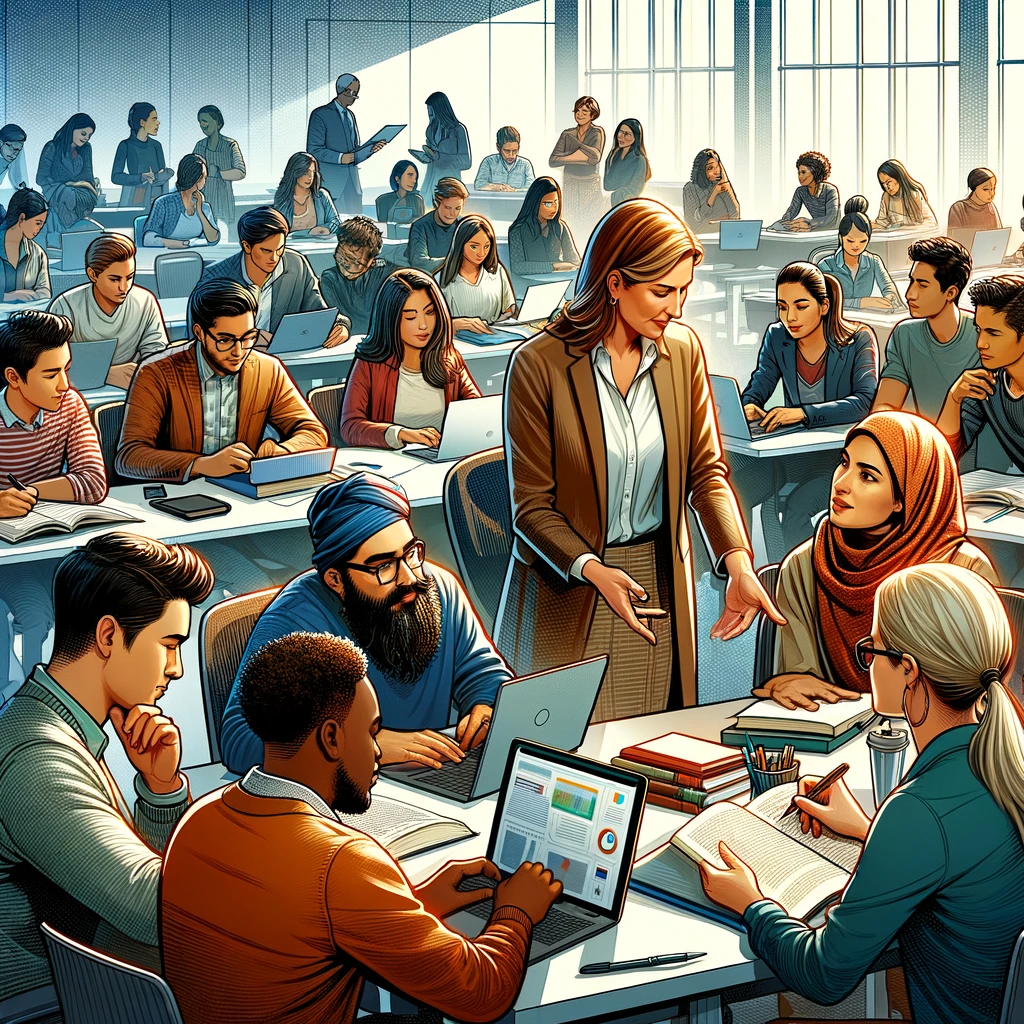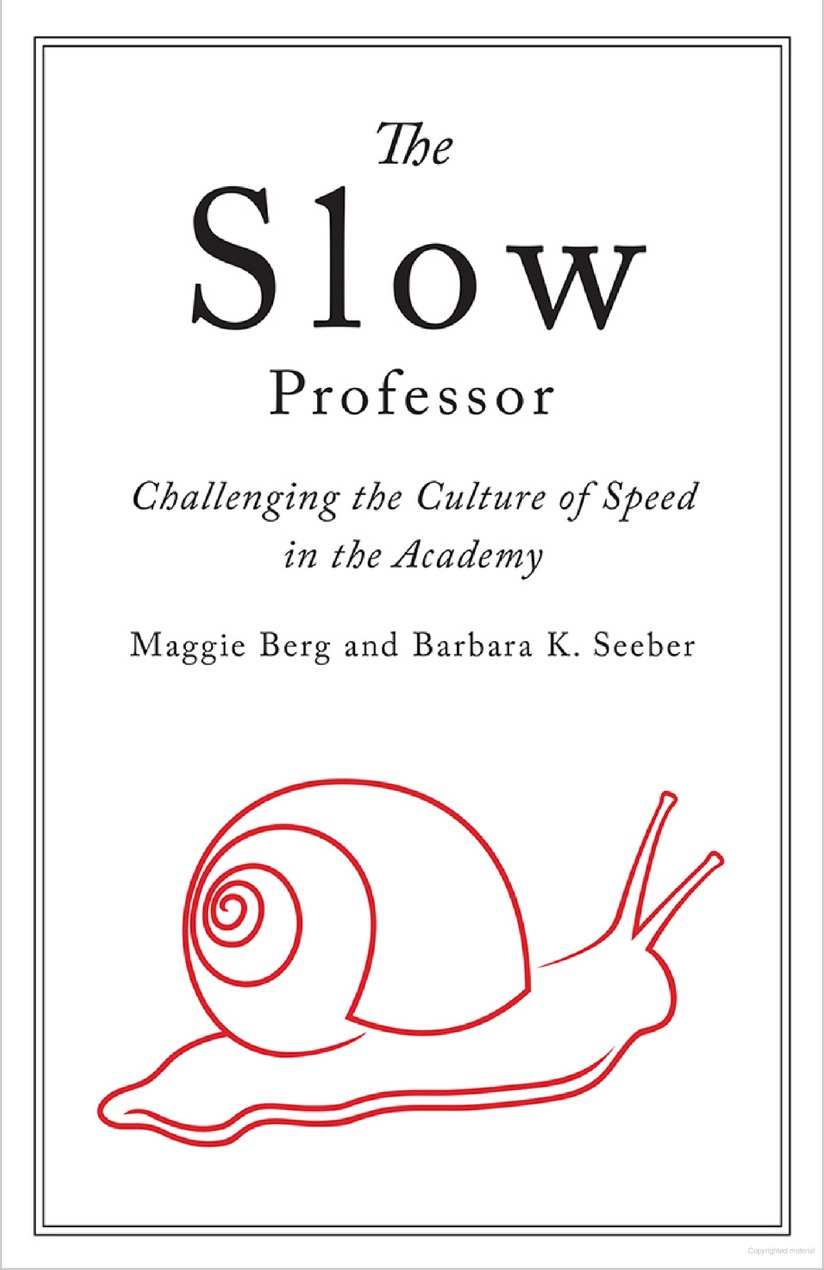
Seven cognitive biases that influence academics
Our brains like to trick us into making poor decisions.
In today’s post, I wanted to address seven cognitive biases I learned about earlier, and I wanted to show how these biases trick and influence academics.
Here are the seven biases, explained for you:
- The Mere Urgency Effect refers to the tendency of individuals to prioritize tasks based on their perceived level of urgency, rather than their importance or potential long-term impact. This bias can lead to a focus on short-term goals, at the expense of more strategic or higher-value activities.
- The Zeigarnik Effect is the phenomenon where people remember uncompleted or interrupted tasks more easily than completed ones. This cognitive bias can lead to a preoccupation with unfinished business and a tendency to procrastinate or feel overwhelmed by an ever-growing to-do list.
- The Planning Fallacy is the tendency for individuals and organizations to underestimate the time and resources required to complete a task or project. This bias is often driven by optimism and a desire to be efficient, but can lead to missed deadlines, poor quality work, and ultimately, frustration.
- The Sunk Cost Fallacy is the tendency to continue investing in a project or course of action, even when the costs outweigh the potential benefits, because of the resources already invested. This cognitive bias can lead to poor decision making, as individuals and organizations cling to failing or outdated strategies instead of adapting to new information or changing circumstances.
- Present Bias refers to the tendency for individuals to prioritize immediate gratification over long-term goals or outcomes. This cognitive bias can lead to poor financial decisions, unhealthy lifestyle choices, and a lack of investment in personal and professional growth.
- The Complexity Bias is the tendency to value complex solutions over simple ones, even when the latter are more effective. This cognitive bias can lead to unnecessary complication and inefficiency in problem-solving and decision-making processes.
- Hedonic Adaptation refers to the tendency for individuals to quickly return to a baseline level of happiness or satisfaction, even after experiencing positive or negative events. This cognitive bias can lead to a focus on short-term pleasures and a lack of appreciation for the positive aspects of life.
Here’s how I think each of these cognitive biases are influencing us as academics:
- The Mere Urgency Effect can impact academics by causing them to focus on short-term, urgent tasks like responding to emails, sitting through meetings, or grading assignments, rather than more important activities such as putting in the time to move your papers forward. This bias can lead to a lack of prioritization and can lead academics away from achieving the goals that will ultimately grant them tenure, or advance their career.
- The Zeigarnik Effect can cause academics to become overwhelmed by their to-do lists, as they struggle to prioritize and complete tasks – as academic work never ends, and the things we could be doing just keeps growing. This bias can lead to procrastination and a lack of productivity, as individuals become preoccupied with unfinished business and struggle to move forward on larger projects.
- The Planning Fallacy can cause academics to underestimate the time and resources required to complete a project – and this bias may be the reason why seemingly every academic project is always terminated past its original deadline. This bias can also lead to a lack of accountability, for example among coauthors, as individuals may fail to establish clear goals or timelines for their work, resulting in stalled papers in the pipeline.
- The Sunk Cost Fallacy can impact academics by causing them to continue investing time and resources into a project or course of action, even when it is no longer productive or relevant. I’m talking here about That Paper – you know, the one that is going to give you grey hair, never gets finished, and haunts your dream. You have my full permission to park it – indefinitely if needed. This bias can lead to wasted time and effort, as individuals cling to outdated or failing strategies instead of adapting to new information or changing circumstances.
- Present Bias can lead to a lack of investment in long-term academic goals, as individuals prioritize immediate rewards over future benefits – i.e. the things that ultimately will give academics tenure or advance their career. This bias can also lead to a lack of motivation, as individuals struggle to maintain focus on long-term projects or assignments.
- The Complexity Bias can impact academics by causing them to overcomplicate their work, leading to a lack of clarity and efficiency. This bias can also lead to a lack of creativity, as individuals may struggle to identify simple, effective solutions to complex problems. Remember that a simple explanation or a simple mathematical model that is within 20% if a very complex numerical solution can be much more powerful to understand the actual mechanics of the problem.
- Hedonic Adaptation can impact academics by reducing their appreciation for the positive aspects of their work, leading to a lack of motivation and engagement. This bias can also lead to a focus on negative aspects of academic work, leading to a lack of satisfaction and lower productivity over time.
Which of these cognitive biases is (or are) undermining your happiness and productivity as an academic?
Share with your peers!



